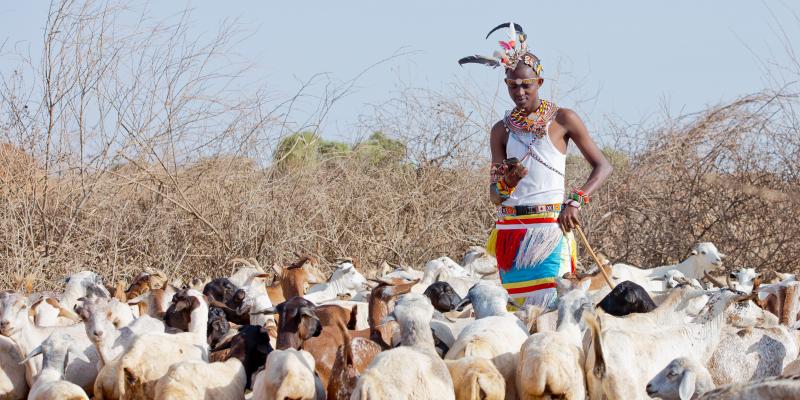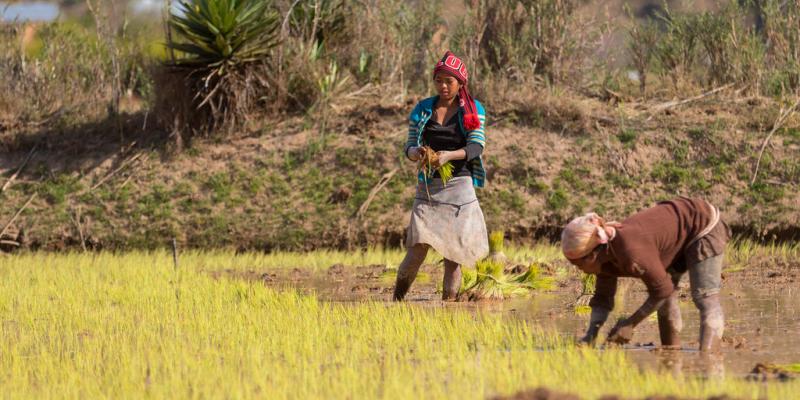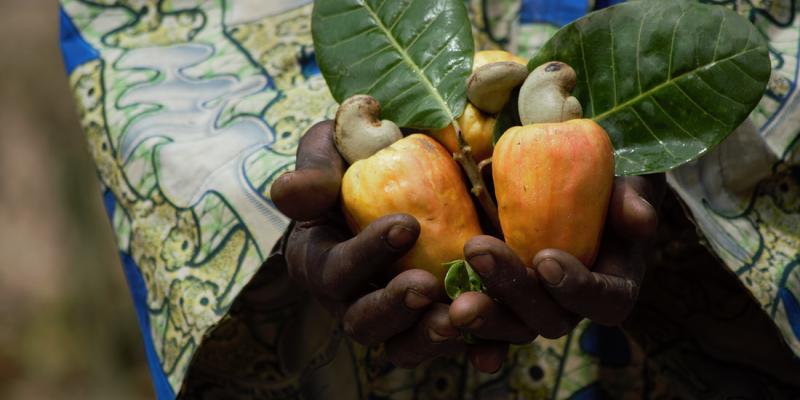Burkina Faso, Mali and Niger are three Sahelian pastoralist countries, where 86% of the total area (2,781,205 km²) is semi-arid to arid. These countries have a total of 138,592,224 head of cattle. This shows that livestock farming is at the heart of the livelihood dynamics of the most vulnerable.
However, livestock farmers regularly face the effects of climate change: droughts, floods and epizootics. These shocks are compounded by conflict, making it difficult for livestock owners to move around and keep their livestock. This makes information a valuable decision-making tool for them. To meet this need, the project offers the ‘SIT’ (Système d’Information aux Transhumants) to livestock farmers.
The SIT relies on a network of data collectors which forms its backbone. This network includes livestock farmers, government service agents and private veterinarians, located in different observation sites. They are reinforced and use smartphones to collect information useful to farmers via the Kobo-Collect application. The information is sent to a dedicated server, then processed and synthesised by agents from the Ministries of Livestock, guaranteeing the sustainability of the system. The summaries are sent to radio stations for broadcasting. They are also translated into several languages, digitised and placed on an interactive voice server accessible 24/7 by a simple call.
The project’s activities contribute to reaching following results:
1) Pastoral production is optimised by informed decisionmaking by pastoralists, through the establishment of reliable information services;
2) Pastoralists in the Central Sahel adapt their livestock practices through digitised content on climate-smart livestock techniques;
3) The capacities of pastoral organisations, technical services and national early warning systems are strengthened for managing the ‘SIT’





